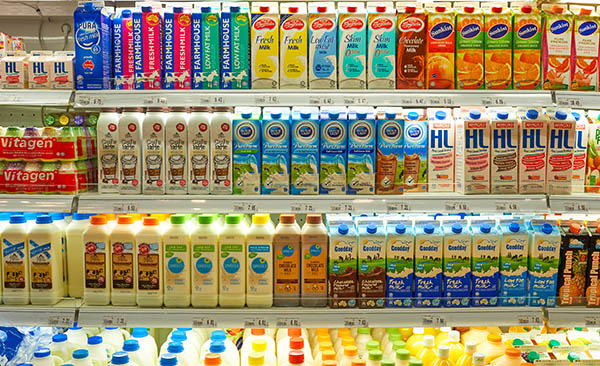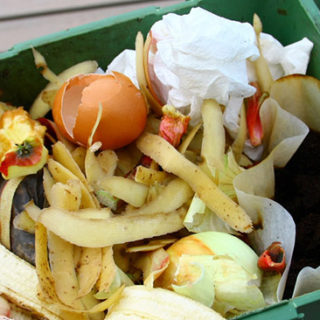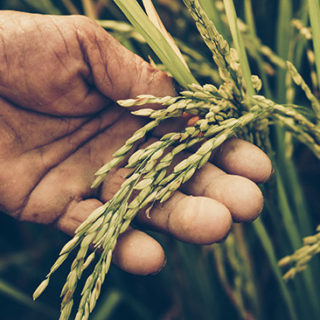The consumer of the future in a sustainable food culture
Opinion by Marcus Klasson, consumer researcher at School of Economics and Management.
Food fuels humanity, but in today’s Western society, food is so much more. Food and the culture associated with food, is about lifestyle and status, economy and livelihood, individuals’ origins and, of course, about health. What we eat and choose not to eat is a daily testimony to who we are and how we decide to live our lives.
For marketers, there seems to be endless of ways to build meaningful relationships between brands and their consumers. And yet, the food industry fails in building these relationships. Instead, what we observe today is a great mistrust and confusion with regards to food, identity and health. Many of those individuals seeking the benefits of smart food choices do not feel convinced by the products they find at the grocery store. There is a great deal of scepticism towards the food industry, scepticism seen in debates such as “hidden sugar content”, “palm oil in our foods” or “obesity epidemics” around the world.
Part of the problem, as I see it, is the role of the major food industry players in producing low-price products available to Western societies. Stories around the globe have been spread of how cheap production in the meat industry requires inhuman methods and excessive use of antibiotics to enable more rapid delivery of a certain quantity of meat. We have seen horror scenarios around the world in which vegetables and fruit are doused in pesticides, as in Fredrik Gertten’s film “Bananas!” In North America, the cheap syrup derived from genetically modified corn has been presented as the major villain in the obesity problems of several countries. Among other consequences, these production methods have a major impact, not only to the environment, but also in that certain products lack the nutritional value and flavour of the original food.

While the giants in the global food industry continue to discuss areas such as “snacking”, apparently stuck in a self-protecting shell of repetitive responses to criticism (e.g. marketing aimed at children, excessive sugar and salt content) instead of striving towards a meaningful change, it is mainly smaller companies and, thankfully, a large group of consumers who are attempting to resist. Here, we see a development in which content and nutritional value plays an increasingly important role in consumers’ purchasing habits.
Today’s consumers are more worried about the content of the products they eat. And although people in general have become more interested in food, today’s consumers are significantly more difficult to seduce than ever before. A global contemporary society characterised by its digital and fluid structure does not see the food industry giants as heroes but instead considers them the culprits responsible for several health problems in our contemporary society. We can no longer take for granted that a brand will be perceived as positive and trustworthy on the basis of its renowned name.
So what does this mean for sustainability and the future of the food industry? With continued uncertainty about the products we find in the grocery store, I hope that it we are moving towards a development where people will take more responsibility and power over the foods and drinks they consume. That “food” will continue to be a political issue in which governments regulate and tax unhealthy products. That more people will adapt their eating habits according to their social and political views. And if the large masses follow, this in turn will force the food industry to adapt to this consumer resistance.
Facts
-
Marcus Klasson
-
Marcus Klasson is a consumer researcher at Lund University, School of Economics and Management. His research field is consumer culture, specialising in market dynamics, consumer practices and ide







